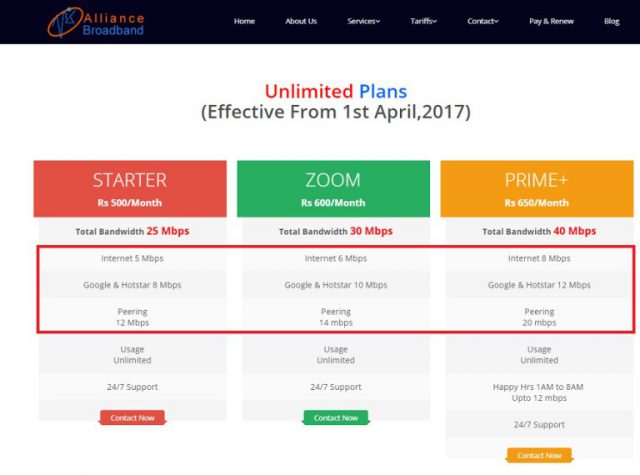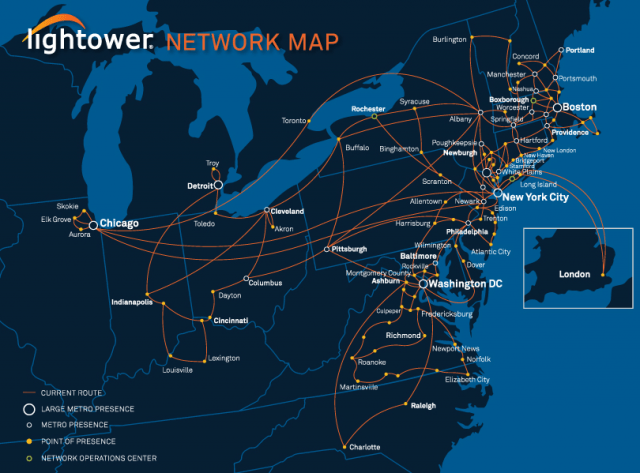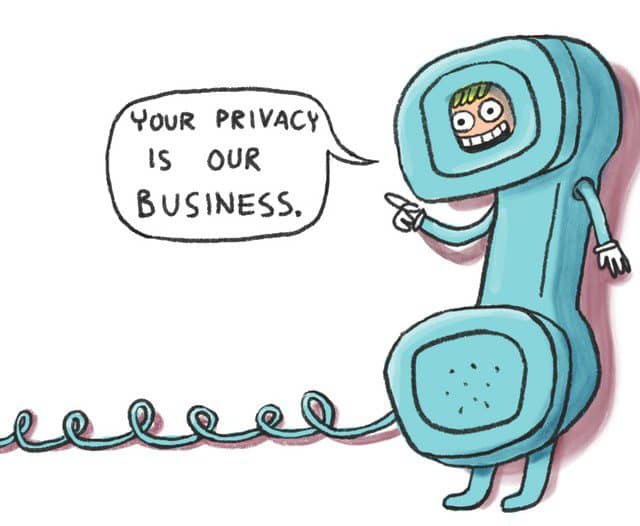 Discovery Communications, occasionally left out of online video alternative bundles targeting cord-cutters, is preparing to retaliate with a $3-4 web-delivered bundle of channels featuring Discovery Channel, Animal Planet, TLC and other affiliated networks and possibly Scripps Networks’ bouquet of channels including HGTV, Food Network, and the Cooking Channel.
Discovery Communications, occasionally left out of online video alternative bundles targeting cord-cutters, is preparing to retaliate with a $3-4 web-delivered bundle of channels featuring Discovery Channel, Animal Planet, TLC and other affiliated networks and possibly Scripps Networks’ bouquet of channels including HGTV, Food Network, and the Cooking Channel.
Discovery is one of two bidders (Viacom is the other) vying to take charge of Scripps Networks Interactive, one of the few remaining independent network owners not affiliated with a cable company or Hollywood studio.
Bloomberg News reports Discovery wants the networks to bolster its forthcoming inexpensive online video bundle, which will sell for $3-4 a month. While Discovery has advocated selling a sports-free package of networks in partnership with Viacom and AMC for under-$20 since April, those negotiations appear to be stalled, so Discovery is reportedly moving forward on its own.
Discovery Networks¹
| Channel | Launch Date | U.S. Households 2015 | Notes |
|---|---|---|---|
| Discovery Channel | 1985 | 91 million | Flagship network |
| TLC | 1980 | 89 million | Acquired by Discovery Communications in May 1991, previously known as The Learning Channel. |
| Animal Planet | 1996 | 88 million | |
| Investigation Discovery | 1996 | 84 million | Formerly Discovery Times, Discovery Civilization |
| OWN | 2011 | 77 million | Joint venture ownership with Harpo Productions |
| Velocity | 2002 | 71 million | Formerly Discovery HD Theater and HD Theater |
| Science | 1996 | 68 million | |
| Discovery Family | 1996 | 61 million | Initially launched as Discovery Kids in 1996, relaunched as The Hub in 2010, renamed Hub Network on 2013 and rebranded as Discovery Family in 2014.[55] 40% of the network is owned by Hasbro. |
| American Heroes Channel | 1999 | 53 million | Formerly Discovery Wings, Military Channel |
| Destination America | 1996 | 52 million | Formerly Discovery Home and Leisure (1998–2004), Discovery Home (2004–08), and Planet Green (2008–12) |
| Discovery Life | 2011 | 46 million | Merger of Discovery Health Channel and FitTV, previously known as Discovery Fit & Health |
| Discovery en Español | 1998 | 6 million | Spanish-language version of the Discovery Channel Unavailable in HD |
| Discovery Familia | 2007 | 5 million | Unavailable in HD |
If Discovery successfully snares Scripps, it will own five of the top 20 U.S. cable networks. That is likely to be important in future negotiations with cable and satellite providers at contract renewal time. Discovery, like most cable network owners, pitches cable companies bundles of networks sold at wholesale prices, whether a cable operator wants all the channels in that bundle or not. Discovery plans to avoid alienating cable and satellite providers by using them to market the bundle direct-to-consumers. A prospective customer would call their local cable or satellite provider to order the bundle of web-streamed networks, not Discovery. Cable operators would likely also handle billing and customer service issues.
Scripps Interactive Networks¹
| Channel | Launch Date | U.S. Households 2015 | Notes |
|---|---|---|---|
| HGTV | 1994 | 96 million households | Frequently among the first networks to appear on digital cable. |
| Food Network | 1993 | 97 million households | Part owned by Tribune, which means Sinclair will own a stake in this network if acquisition deal approved. |
| DIY Network | 1999 | 61 million households | At initial launch, DIY was often skipped over by cable systems. |
| Cooking Channel | 2010 | 62 million households | A spinoff of Food Network. |
| Great American Country | 1995 | 59.5 million households | Started with country music videos, was uncommon outside of southern U.S. until the 2010s |
| Travel Channel | 1987 | 91.5 million households | Originally owned by Trans World Airlines, sold to Discovery, which sold it to Cox, which sold it to Scripps. |
This type of sales partnership is not unprecedented. Before the era of DirecTV and Dish Networks, home satellite dishowners using C band TVRO satellite dishes as large as 12 feet across often ordered satellite-delivered programming from cable companies, particularly those owned by John Malone’s Tele-Communications, Inc. (TCI) and sold through its home satellite programming division Netlink. Customers would be billed directly by the nearest TCI cable system on an ongoing basis, which irritated a lot of dishowners in the 1990s who sought satellite reception as an alternative to dealing with the cable company.
The practice did not come without problems. Many local TCI systems were baffled when their customer audits revealed they had customers in cities 100+ miles outside of their immediate service area. Many were accidentally disconnected after their subscriptions were purged from TCI’s systems in error. By 2005, TCI was five years out of the cable business and had sold Netlink to Echostar, which owns Dish Networks. That same year TVRO owners were informed they could no longer subscribe to a number of networks for their giant backyard dishes and were converted to Dish Network small dish service instead.
¹-Information sourced by Wikipedia and Stop the Cap!


 Subscribe
Subscribe





